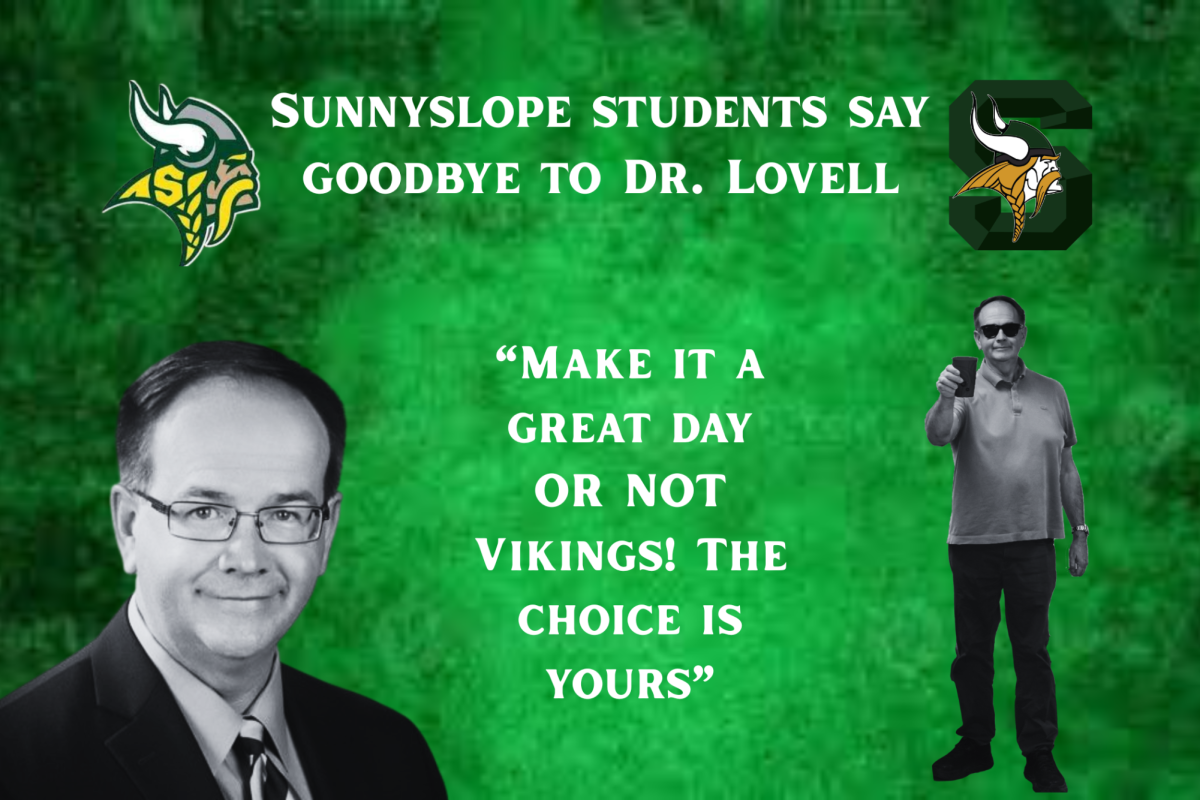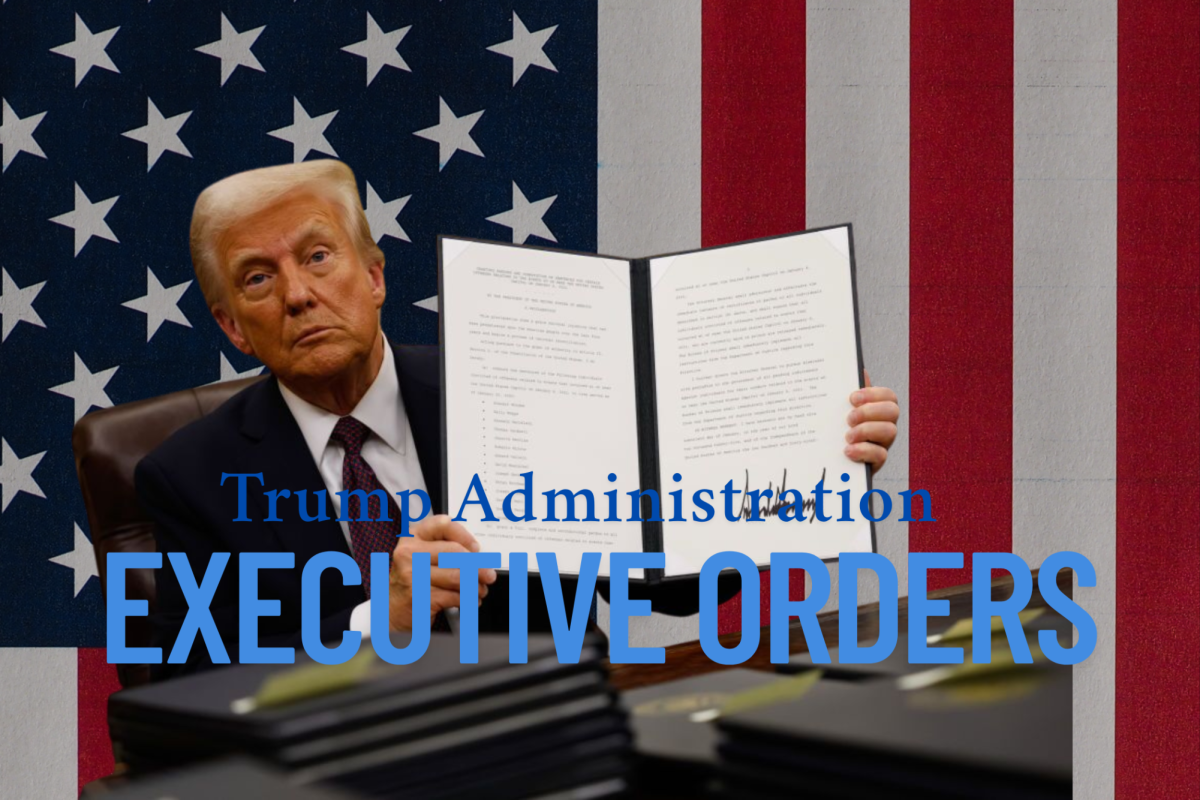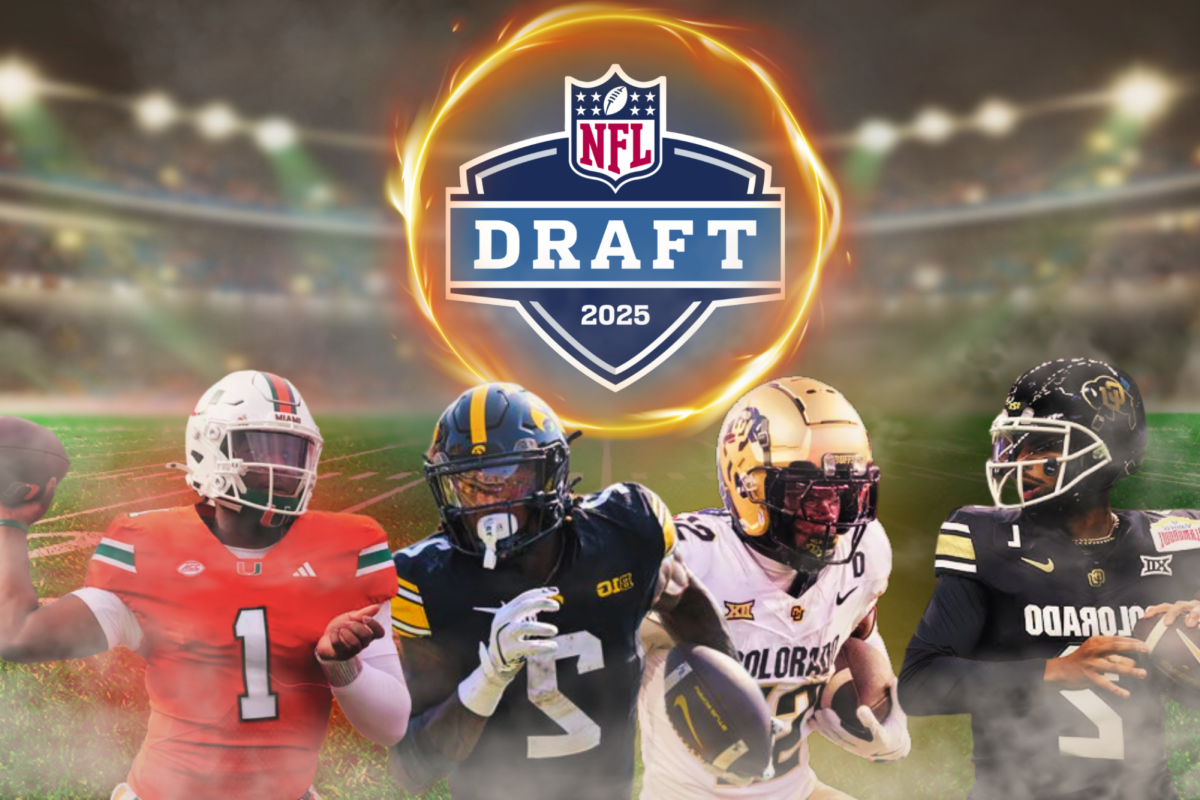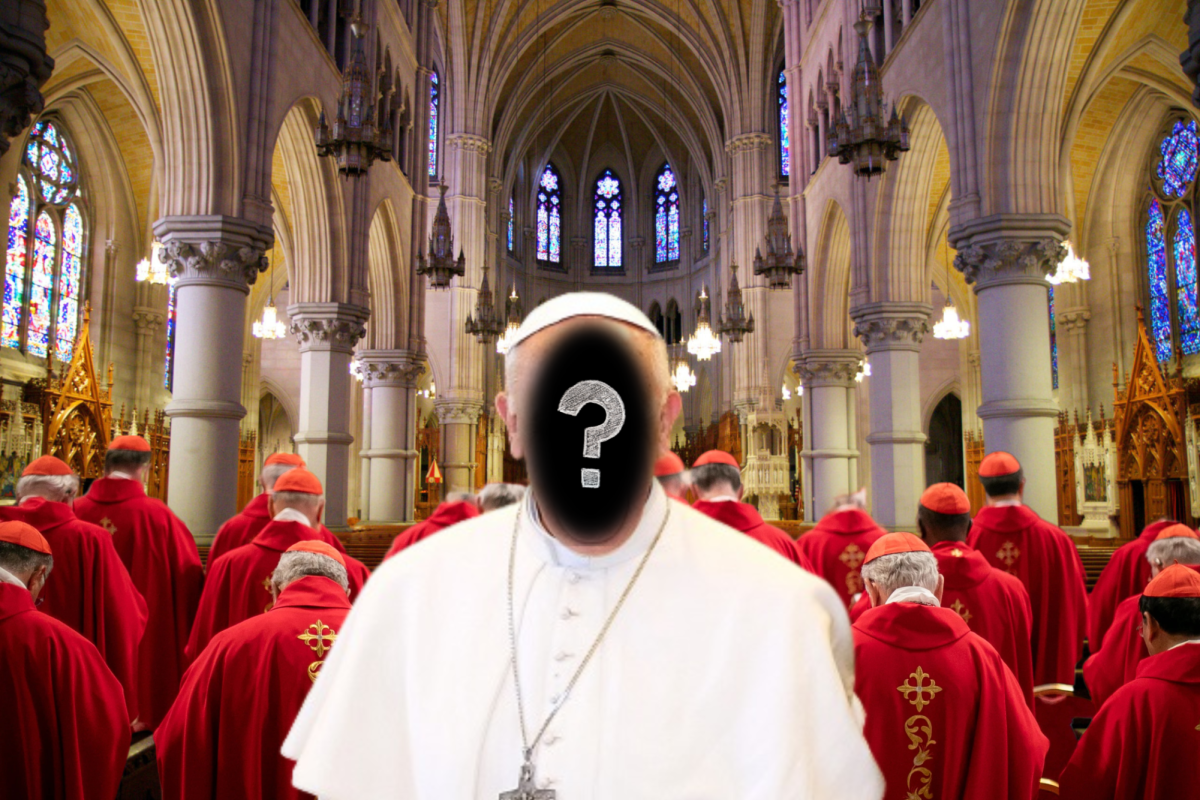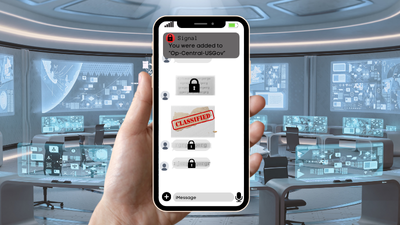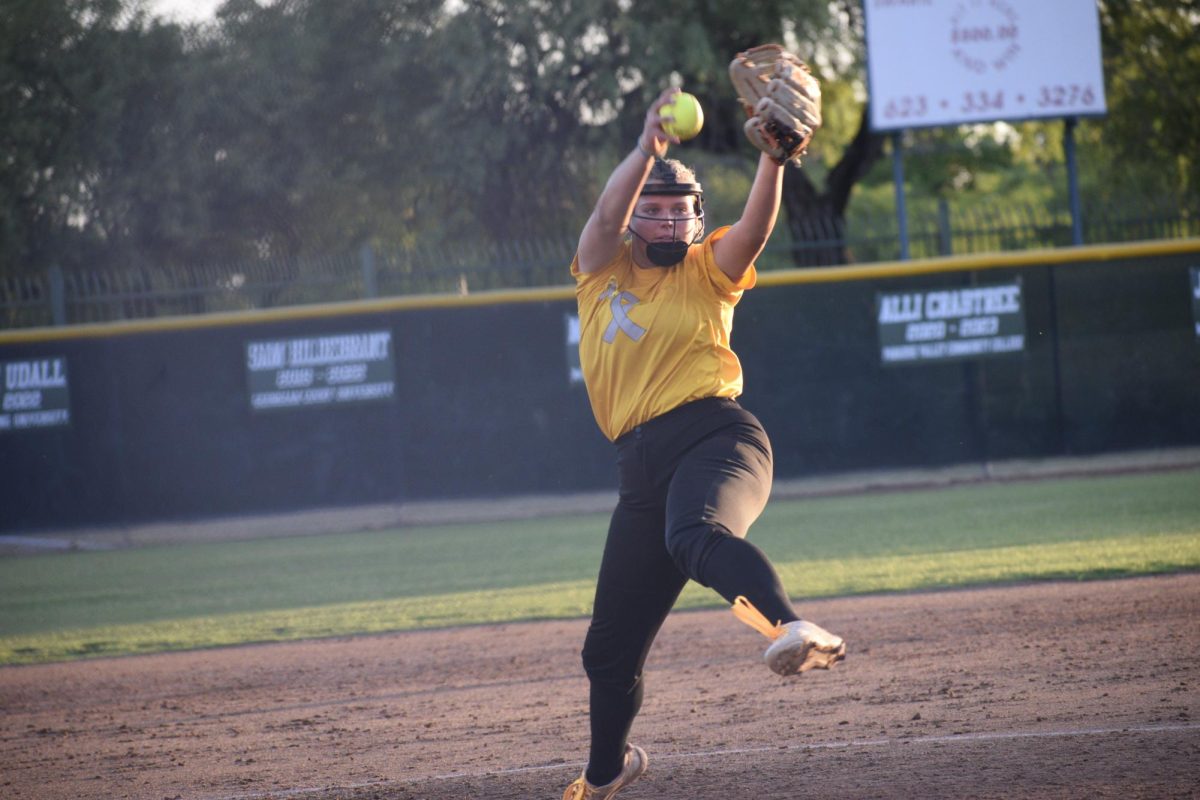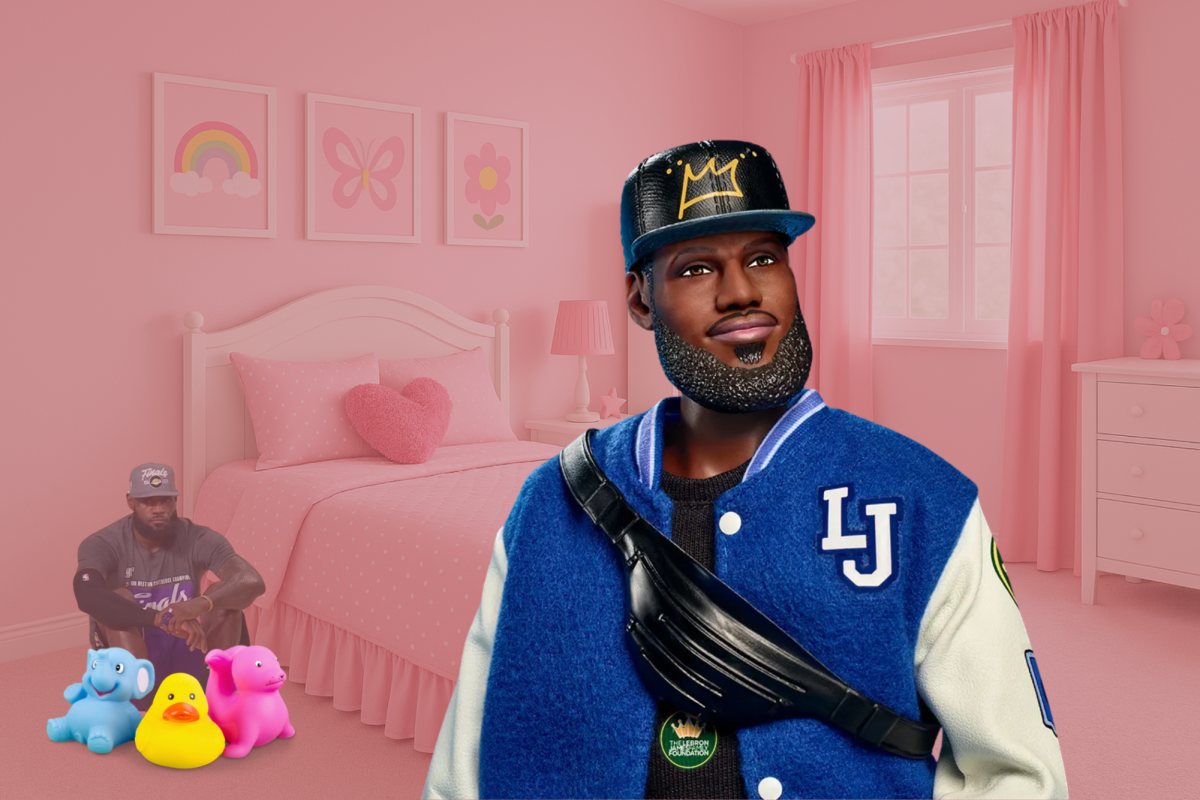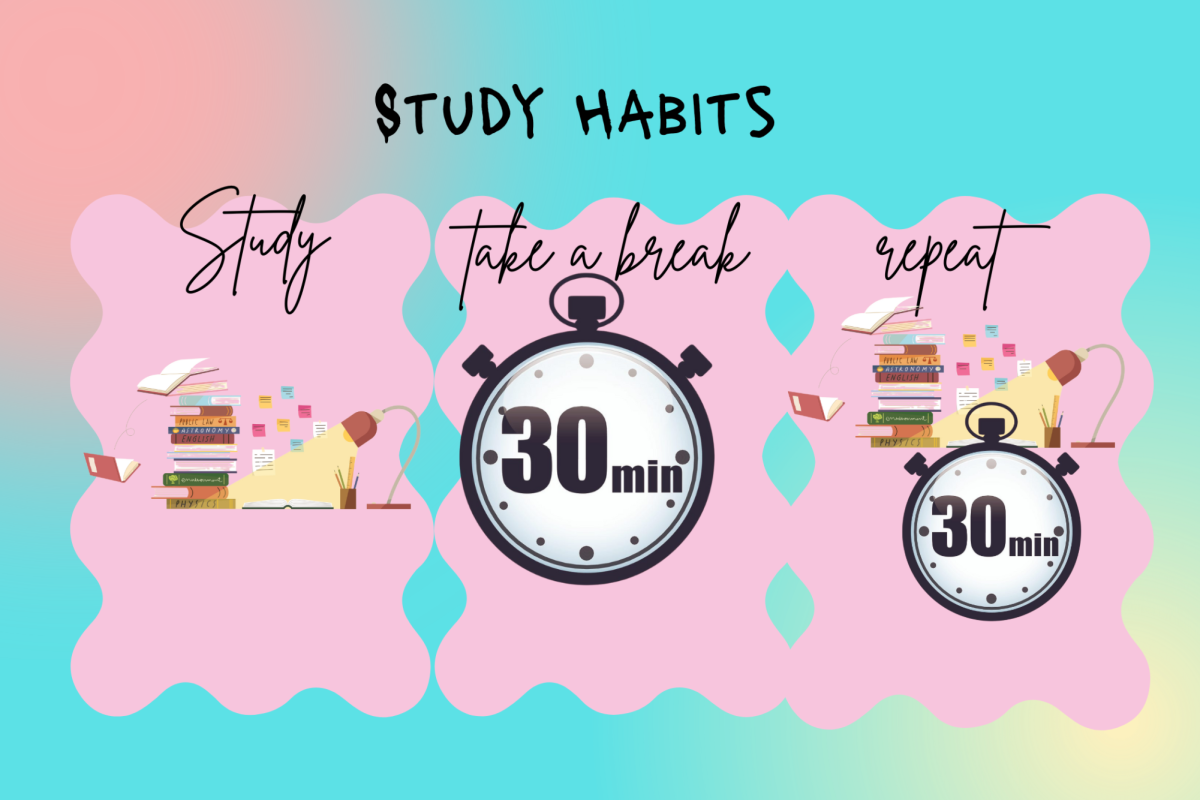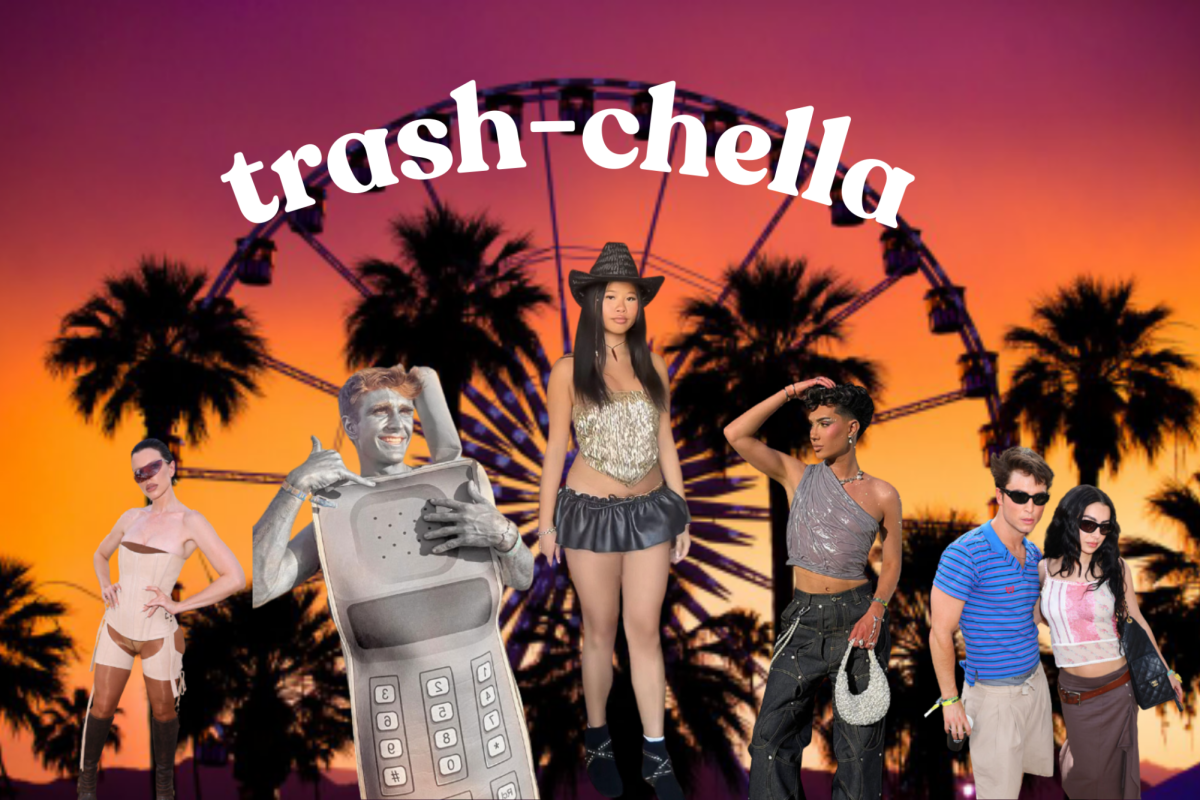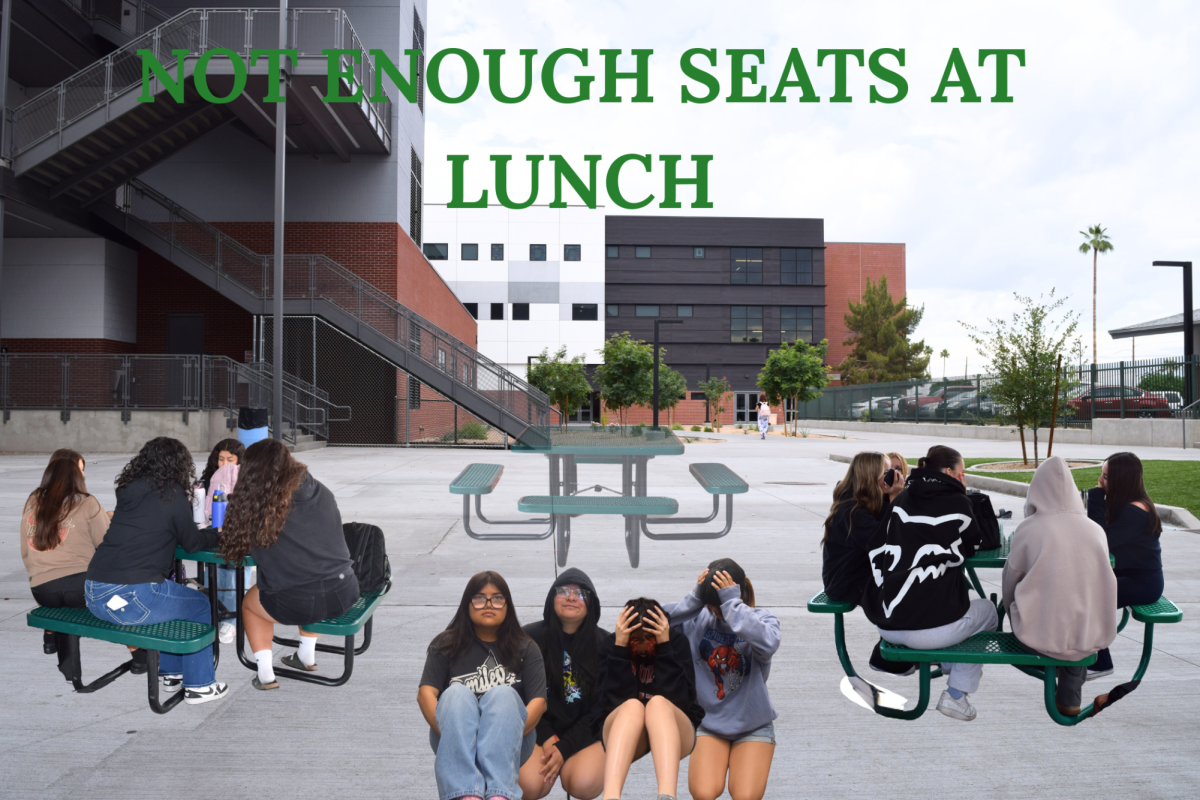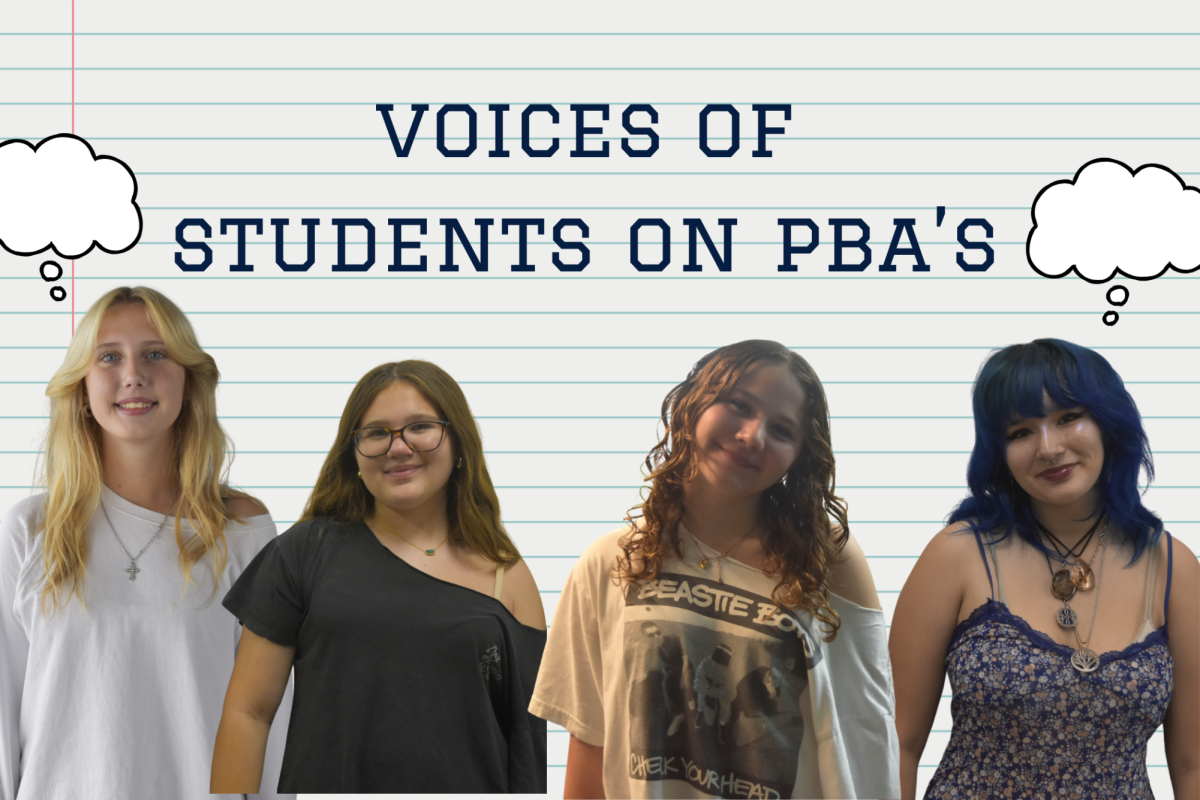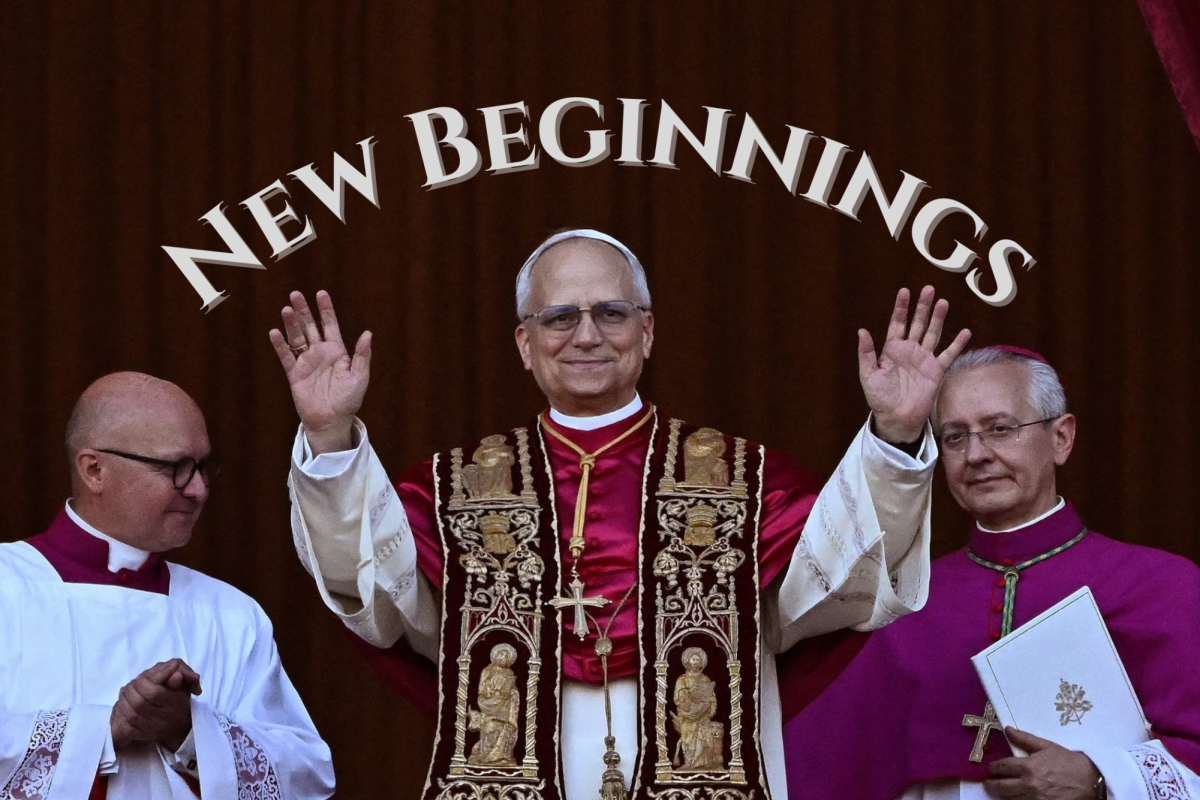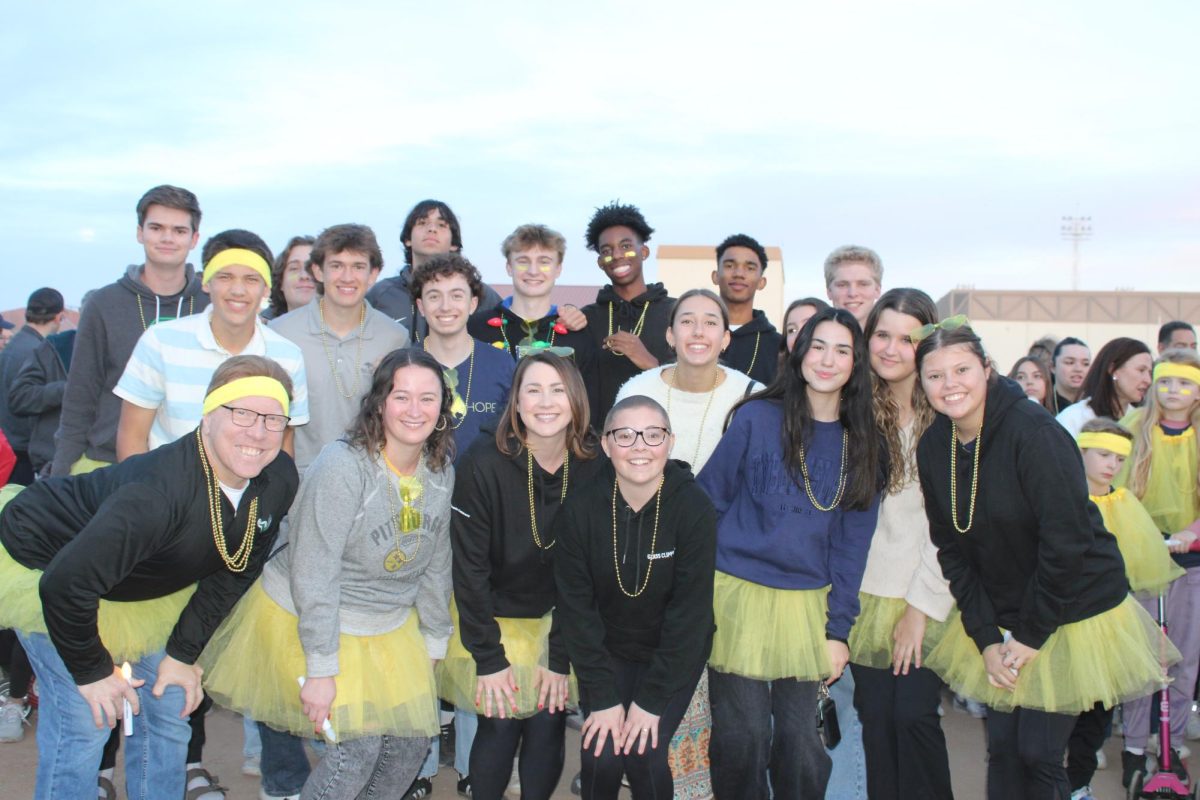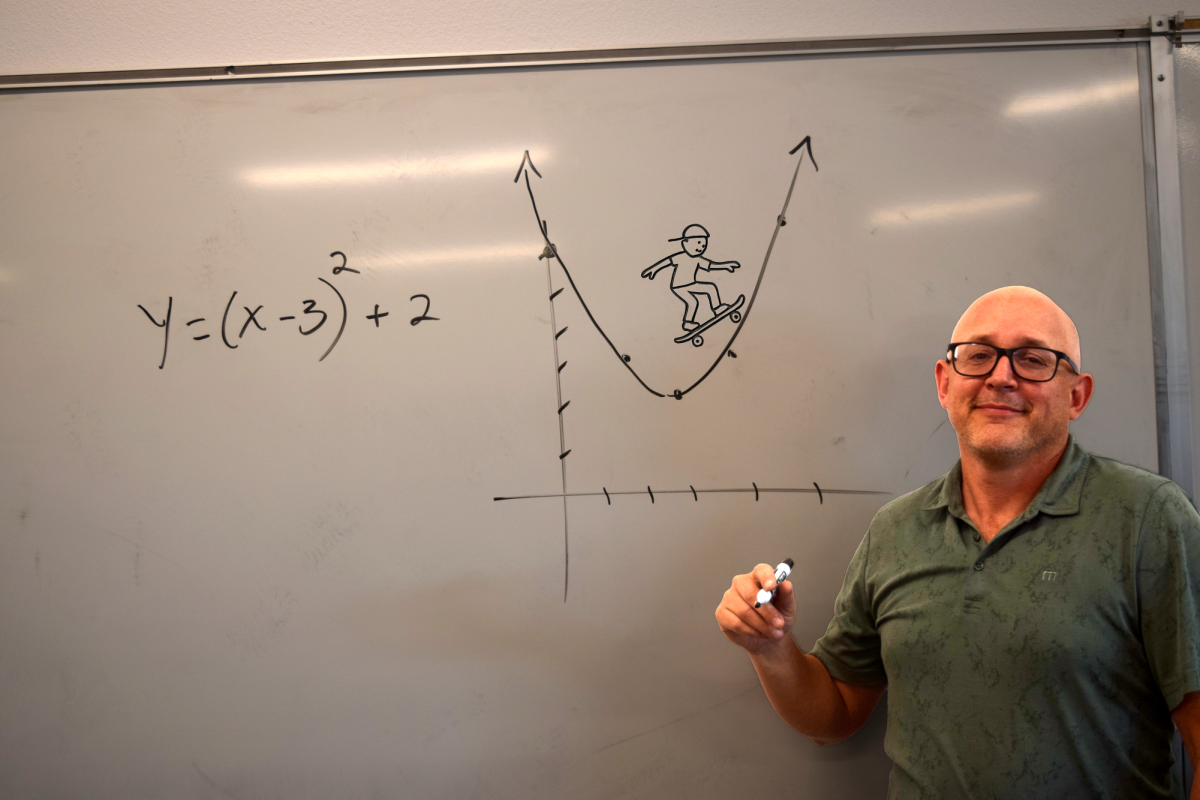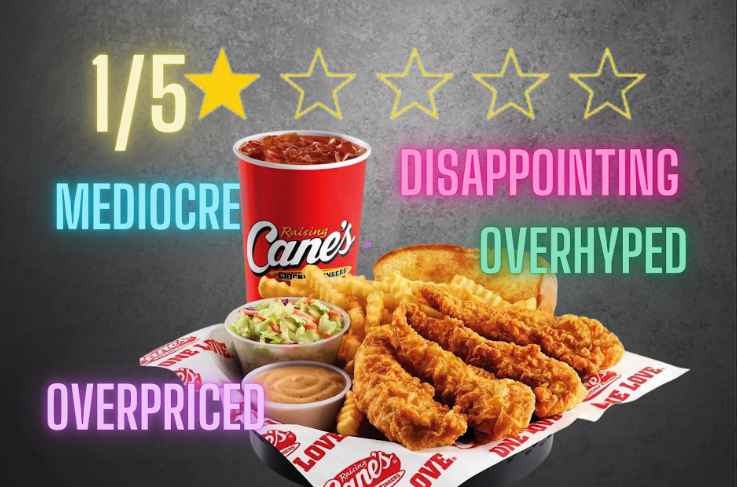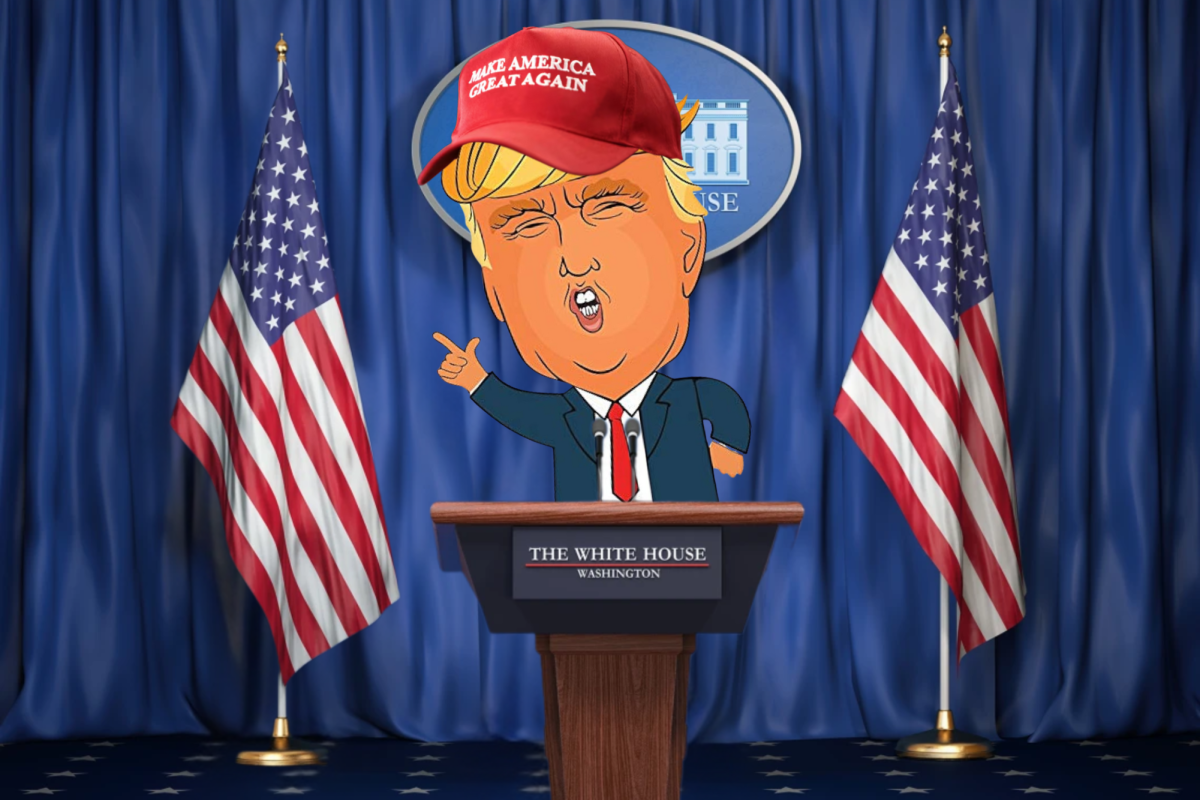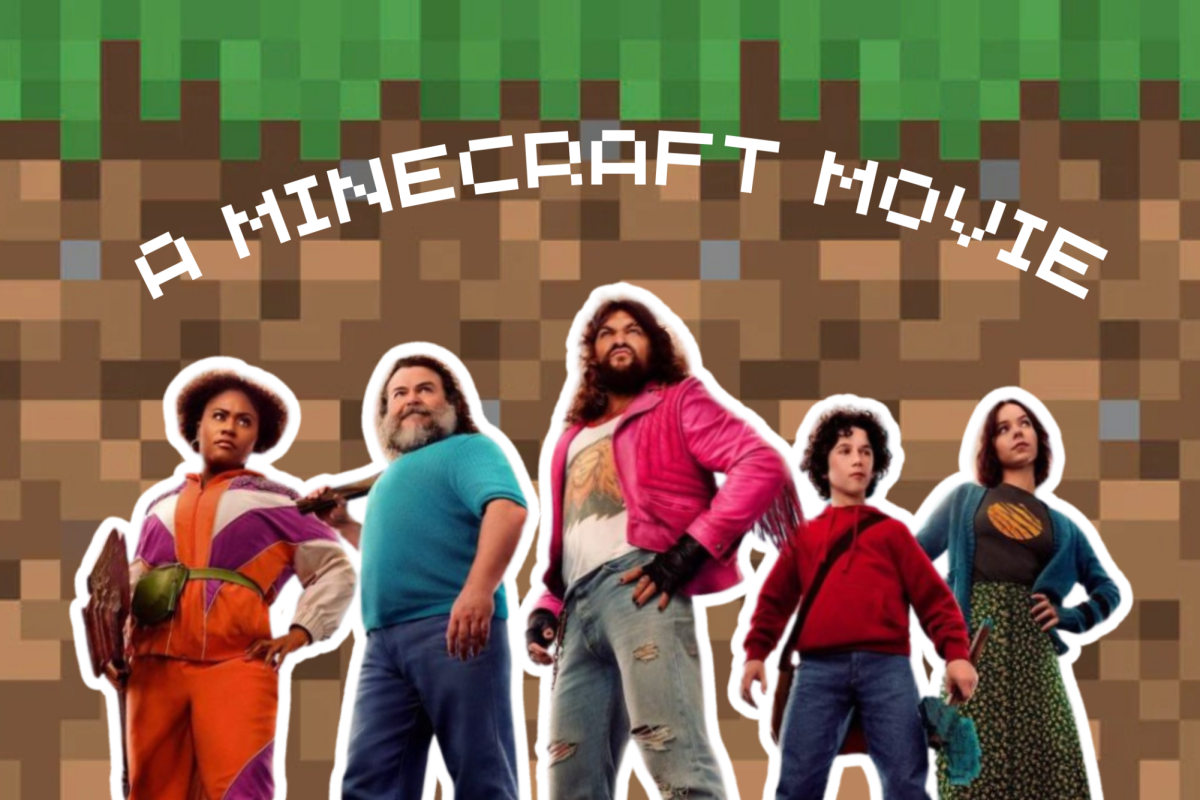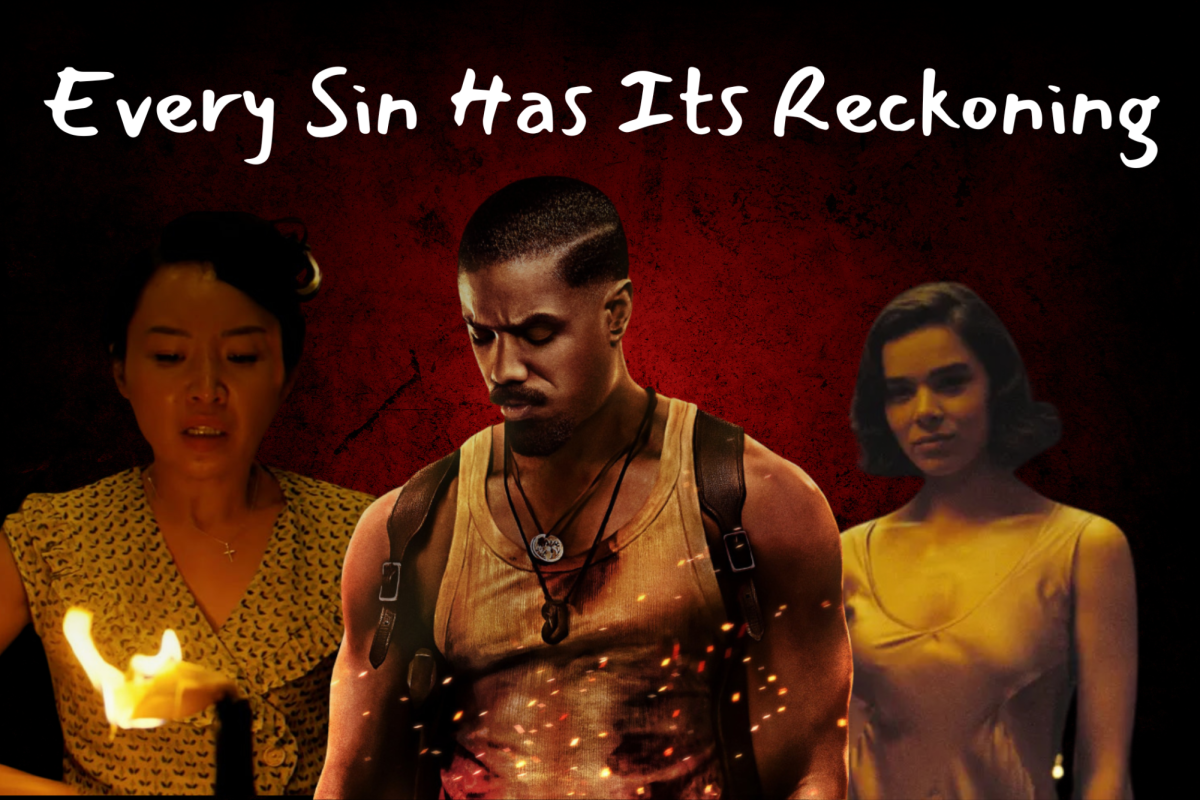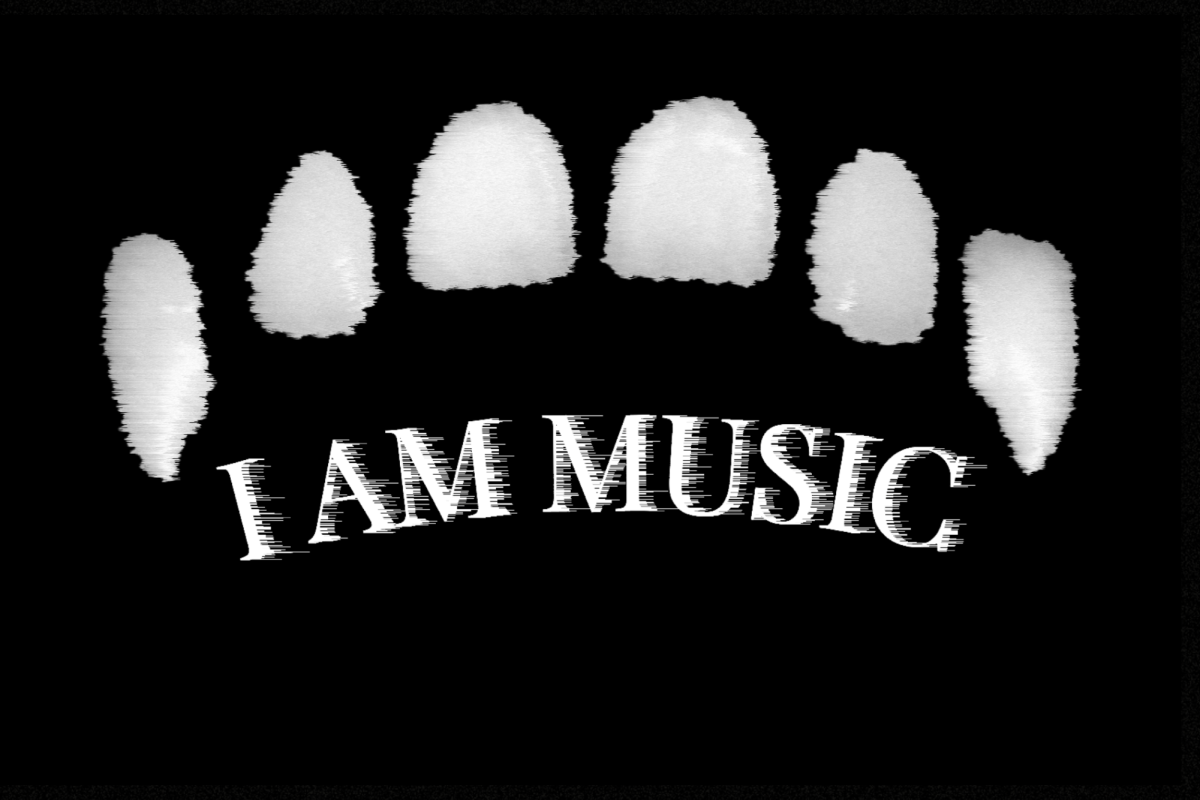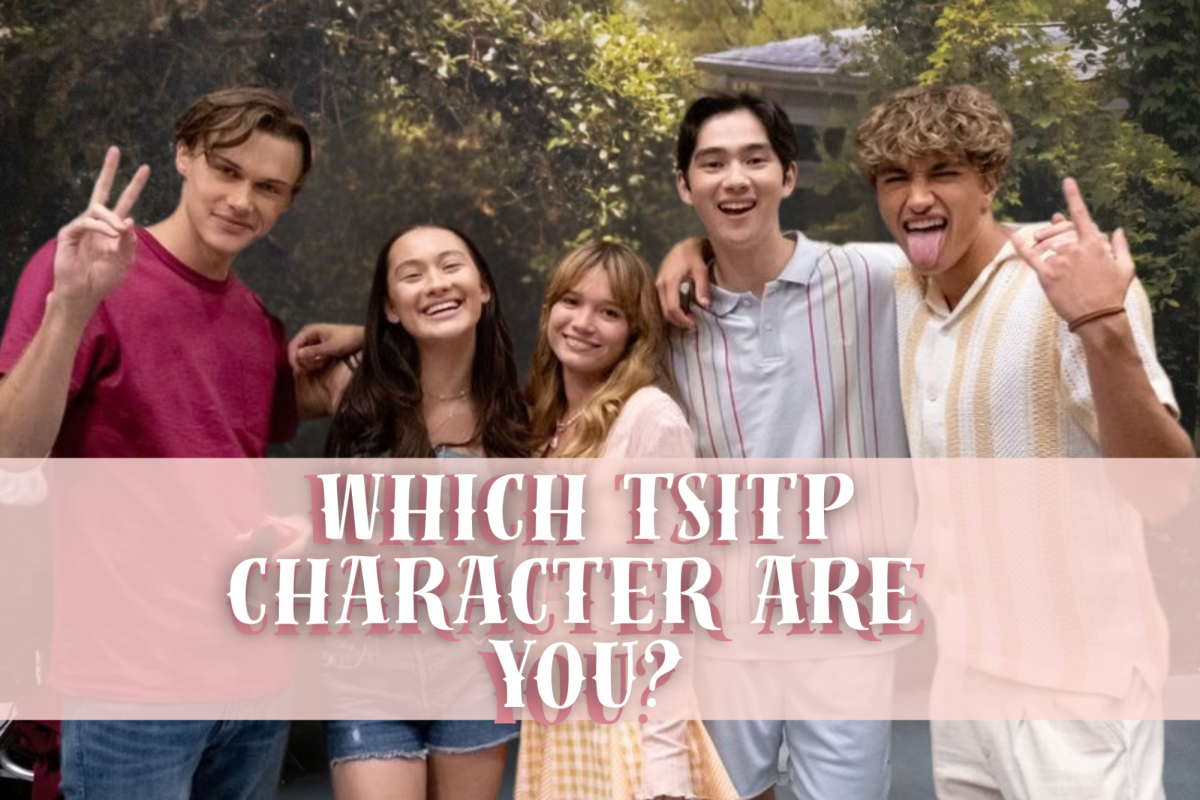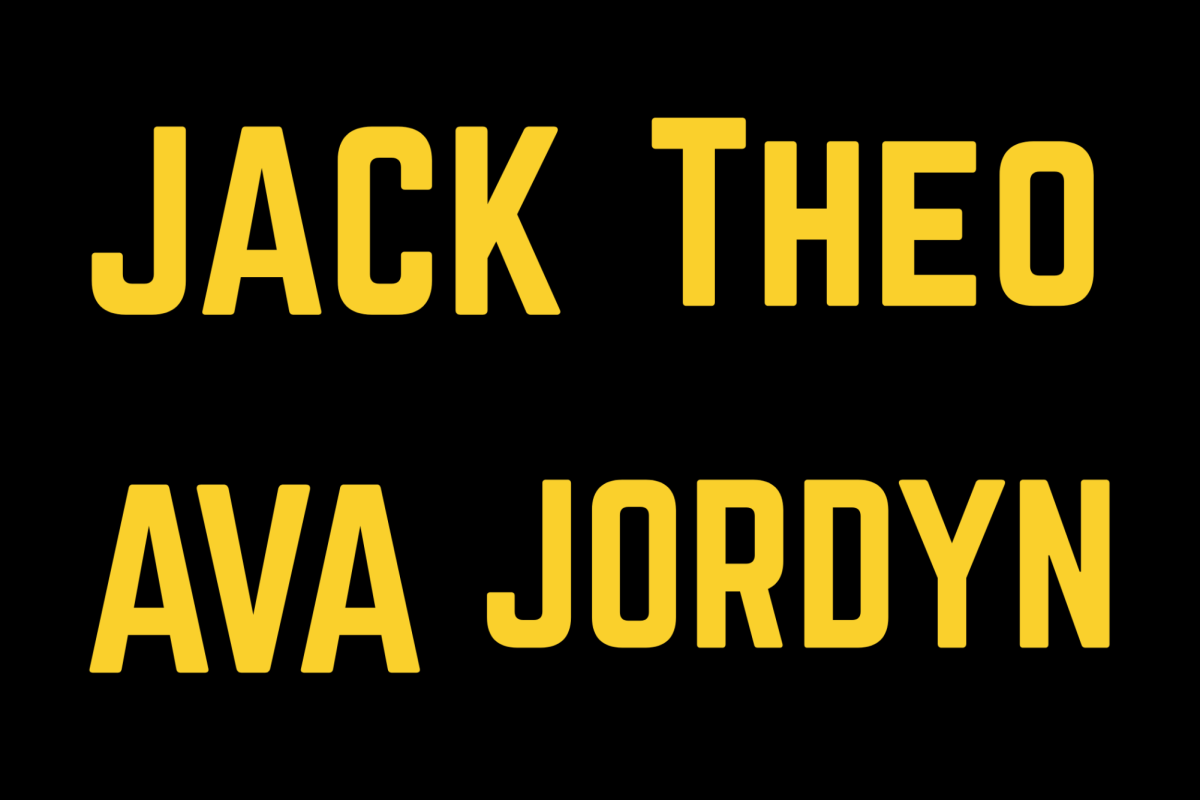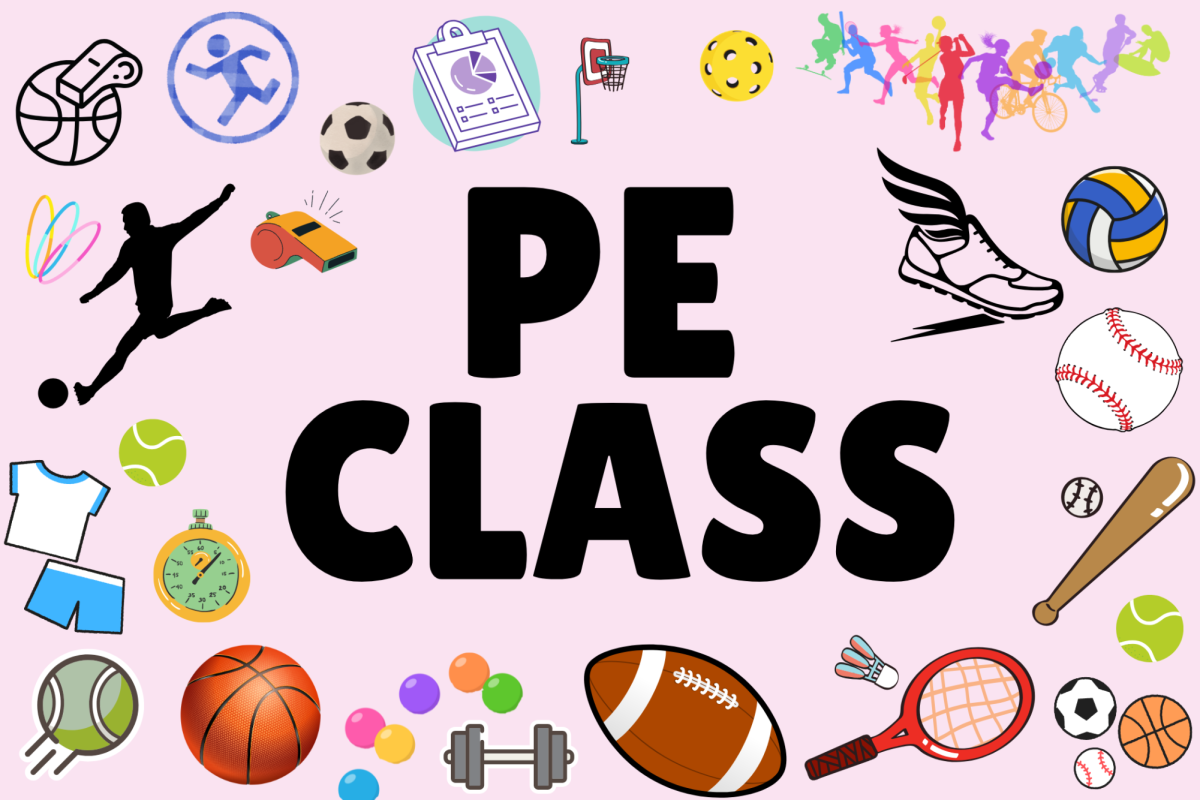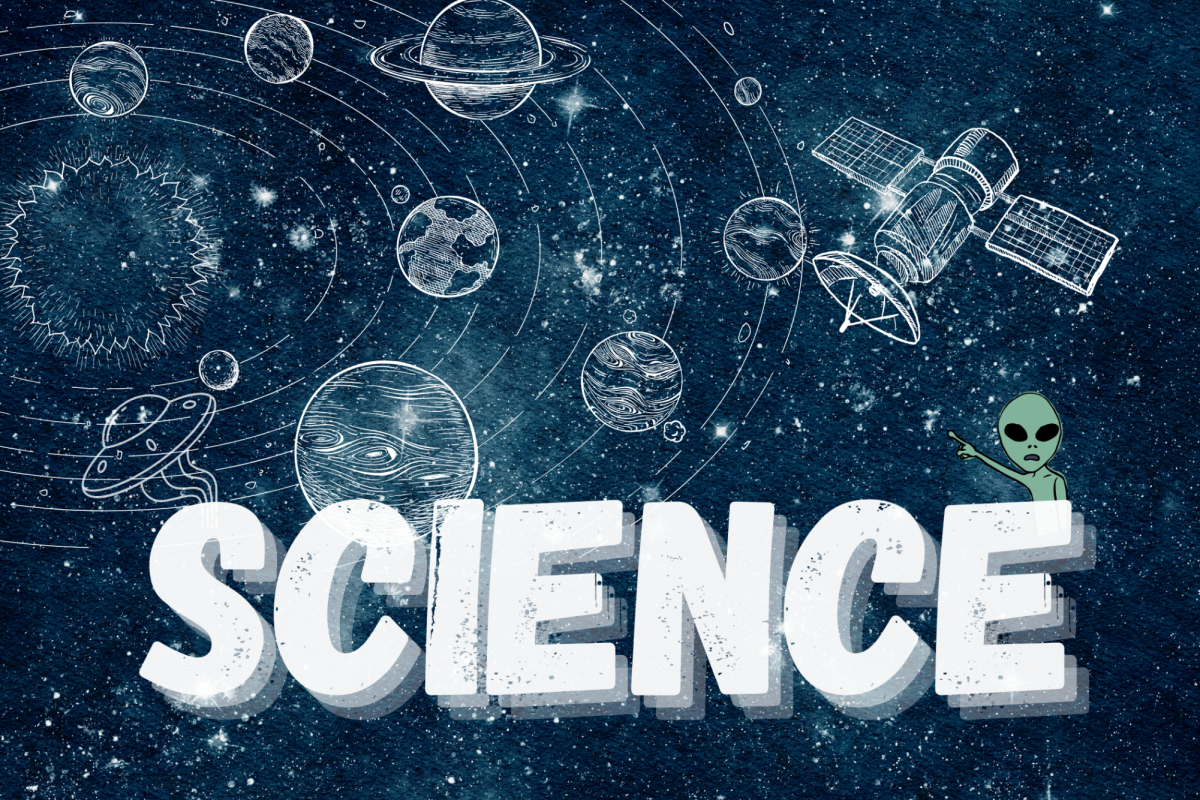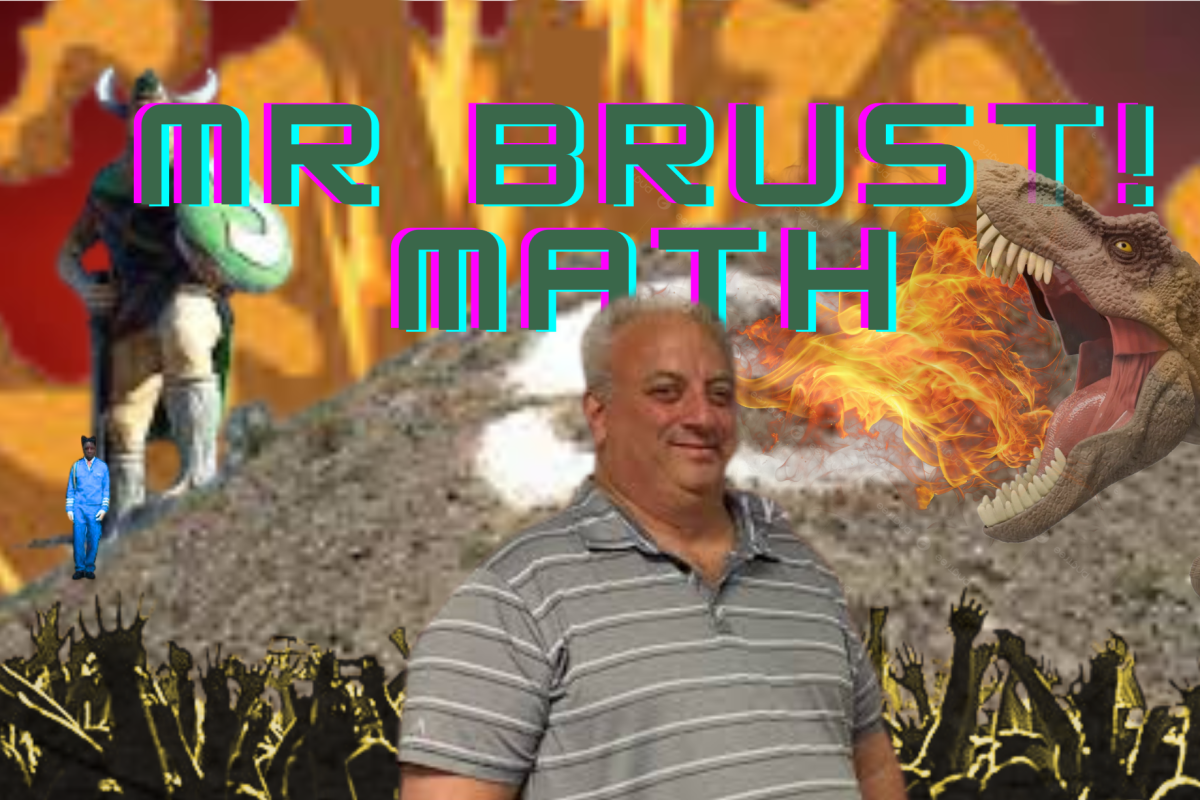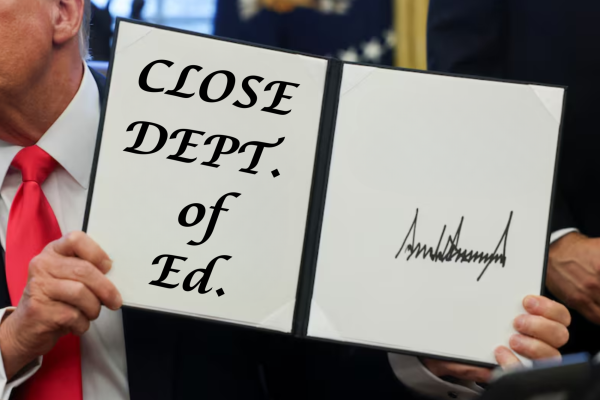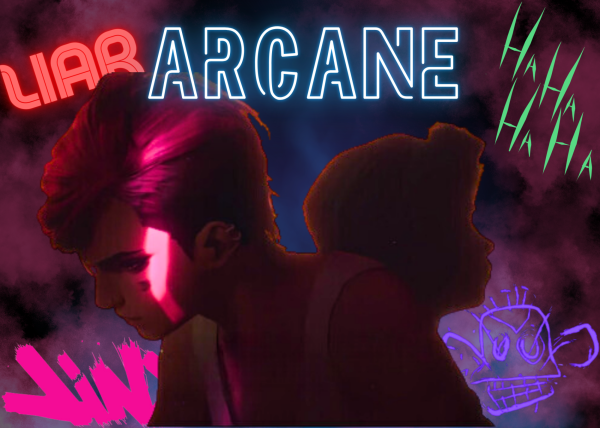GUHSD Removes ’10 Most Challenged Books in America’ from its Libraries
November 27, 2022
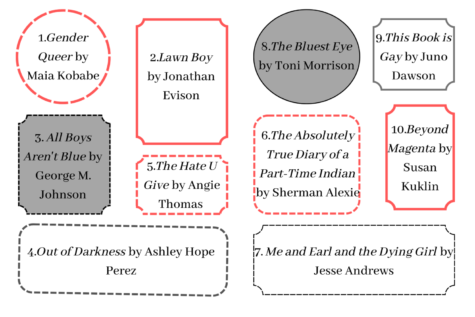
While the First Amendment protects the fundamental five freedoms- speech, religion, press, assembly, and petition- the right to read is equally enshrined in the Constitution.
According to the Freedom to Read Foundation, the First Amendment “guarantees all individuals the right to express their ideas without governmental interference and to read and listen to the ideas of others.”
Arizona House Bill 2495, which was effective September 2022, does three things:
- prohibits a public school from referring students to or using any sexually explicit material in any manner.
- Defines sexually explicit materials to include textual, visual, or audio materials or materials accessed via any other medium that depict sexual conduct, sexual excitement, or ultimate sexual acts.
- Defines sexual conduct, sexual excitement, or ultimate sexual acts.
Additionally, this bill, sponsored by Representative Jake Hoffman, requires schools to get parental consent for books deemed sexually explicit.
However, this bill leaves the definition of sexually explicit to a school district’s discretion and is intended for classroom instruction, not library shelves.
What this meant for Sunnyslope was the removal of ten books from its library.
Back in September, during a routine Drop Everything And Read (DEAR) hour, bookmarks with the “ The Top 10 Challenged Books of 2021” list printed on them were passed out to Sunnyslope students.
The 10 books removed were listed on the Banned Book Week bookmarks.
Arizona House Bill 2495 went into effect the following weekend.
Six out of the 10 were deemed not to meet or not to comply and have yet to be returned to the shelves of the Sunnyslope library.
Coincidentally, multiple books removed were LGBTQ+ centered, leading to assertions of homophobia in the enforcement of HB2495.
In response to the book removal, ACLU Arizona sent a letter to the Superintendent of Glendale Union High School District and the Governing Board asking them to return books to the shelves and then a Public Records Request for documents relating to the removal of the books.
This is due to concerns that “because half of the books removed were LGBT-focused, we are concerned that their removal may be discriminatory,” said ACLU Arizona attorney K.M Bell.
At a recent district board meeting, Gender-Sexuality Alliance President Jonah Manthey said, “it is extremely disheartening to see the district ban books that feature characters like myself.”
In addition to 5 books centering around LGBTQ+ topics, the other half features themes of police brutality, like The Hate You Give, and issues facing women today, themes that students need reliable access to.
The Equal Protection Clause of the United States and federal civil rights law Title IX requires that GUHSD not discriminate based on sex. This forbids discrimination based on sexual orientation or gender identity.
This means that school officials can only remove books from libraries with due process, not only because of controversial themes.
According to Sunnyslope Librarian Patricia Jimenez, there was no protocol to deal with the removal of these books in the face of this new law.
Jimenez said, “An ad hoc committee was formed with some district people, some librarians, one teacher, and one local principal.”
This committee then read the 10 removed books and compared them to the stipulations in the law.
One such example is Genderqueer by Maia Kobabe, a memoir that tells the story of the author’s journey of self-discovery regarding gender identity.
In 2021, Genderqueer was named the most challenged book in America due to sexually explicit illustrations.
GUHSD found the same sexually explicit themes while reviewing the 10 removed books.
However, librarians have an obligation to listen to the concerns of their students, the parents, and the district regarding content, according to Jimenez.
GUHSD interpreted the law to read as restricting content in school libraries and classrooms, where books assigned to students in class must also adhere to the requirements of HB2495.
One such book is The Bluest Eye by Toni Morrison.
Due to its presence on the AP Literature and Composition reading list and an exception in the law accounting for books used in the classroom for college credit, Jimenez said, “even though there was by definition of the law, sexually explicit material in that book, it should be accepted, because it’s used for AP Literature,” where it would be allowed in the classroom, but not be available for checkout to the student body.
The next steps include Jimenez working with the State Library and the American Library Association regarding the law, and working to keep books on the shelf; additionally GUHSD Superintendent Brian Capistran assured Manthey that the district would follow up with him and SHS Principal Jonathan Parker regarding the issue.




